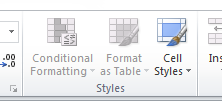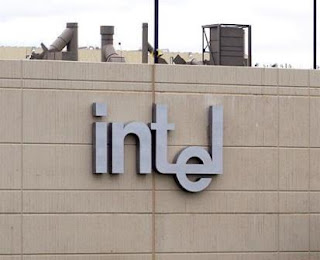Asus Padfone Want To Make A Windows: Asus and Microsoft are in talks for the Taiwanese manufacturer to create smartphones with the company's operating system.
Inside the Asus interest would also be the possibility of creating a version of its Padfone with Windows 8.
Asus has managed to carve a niche in the catalog of interesting mobile device manufacturers.
The company has signed important agreements with companies like Google, to who makes the successful Nexus 7. In addition, Asus has some devices that excel in quality, among which shines the Padfone.
More than one device, the Padfone is a concept. The idea is to have a 'smartphone' powerful you can become a 'tablet' as required. For this, the Padfone has a phone and a stand with screen size and 'tablet', which is activated when the 'smartphone'.
The idea that Asus has served to have an almost unique device that has managed to differentiate the company.
However, it seems that Asus has not triumphed in the U.S. and is considering an alliance with Microsoft for this. Until now, models of smartphones and Asus Padfone with Android have been released, though that could change.
The Taiwanese company is negotiating with the ability to launch Microsoft mobile devices with Windows 8 and special sense for Asus would do with a new Padfone.
According to The Wall Street Journal, the companies have held talks to reach a licensing agreement that allows the release of smartphones Asus Windows Phone 8. Thus, Asus would compete with other manufacturers like Nokia, HTC and Samsung, which already have WP8 terminals.
However, a Padfone with Windows 8 is the idea that best fits the desires of Asus. In fact, one of its officers has already confirmed this possibility. "Our concept Padfone, more phone 'tablet', I think it makes sense with Windows 8," said the vice president of mobility Asus, Benson Lin.
In any case, before you see a Windows 8 would launch Padfone smartphones with Windows Phone normal.
The reason could be to start the relationship between the two with the most simple, and then launch a more complex equipment as would be the Padfone.
However, the decision to start with only smartphones could be due to the difficulty of choosing a version of Windows for the Padfone.
Microsoft currently has three main versions of Windows shared kernel. On one side is Windows Phone, for a 'smartphone'. Furthermore is Windows 8, which is divided into RT version basically for 'tablets' and ARM architecture computers, and Windows 8 Pro, and more powerful devices PC.
The problem would be to choose between these versions for the Padfone, a 'smartphone' which becomes 'tablet'.
Faced with this dilemma, the differentiation of versions is blurred by Microsoft, making Windows Phone and Windows RT mix. Thus, Asus could wait to see the future of Windows before launching a terminal as the Padfone, half 'smartphone' and half 'tablet'. Meanwhile, it seems that the company did try her luck with simple phones with Windows Phone.






























